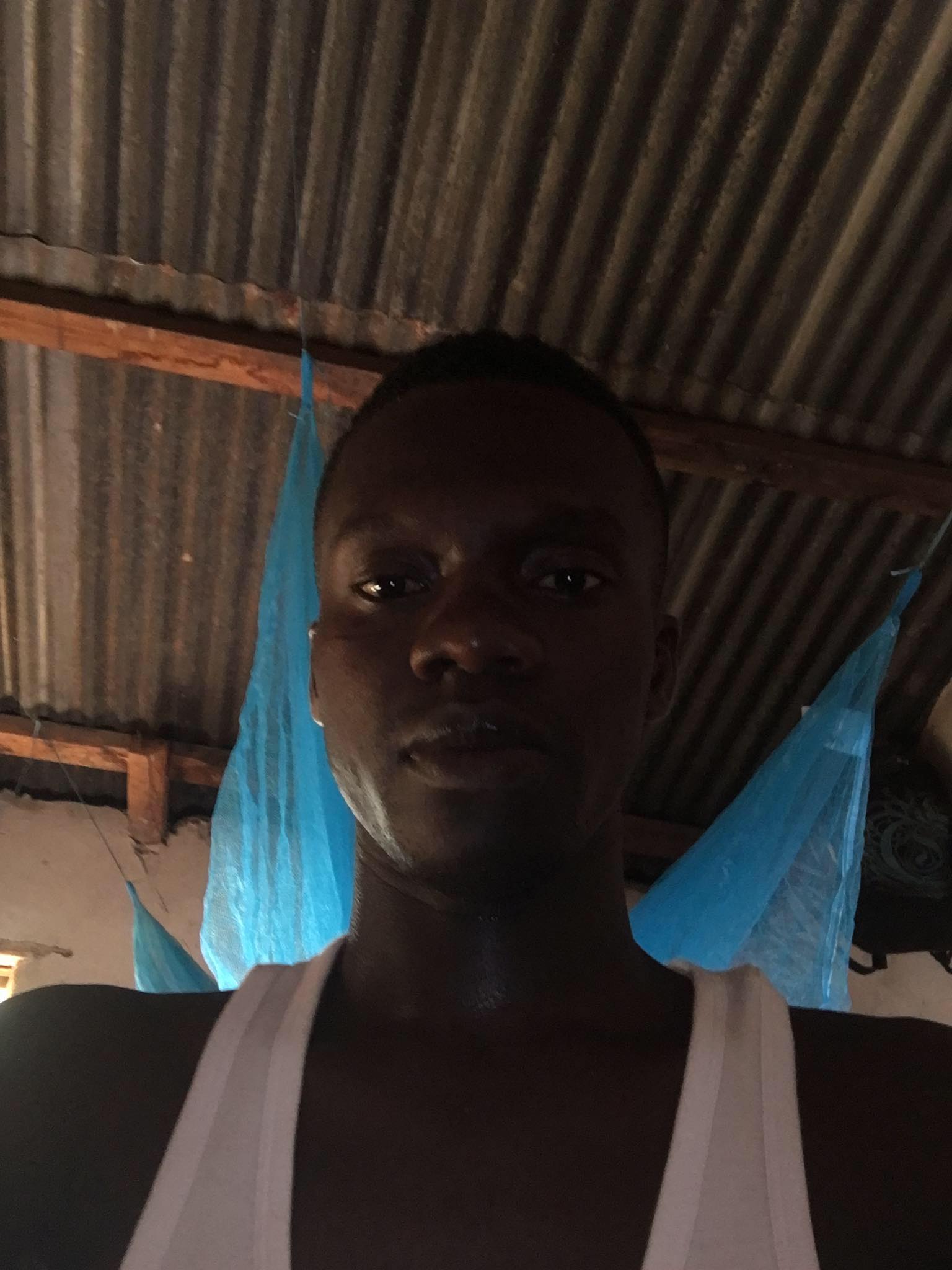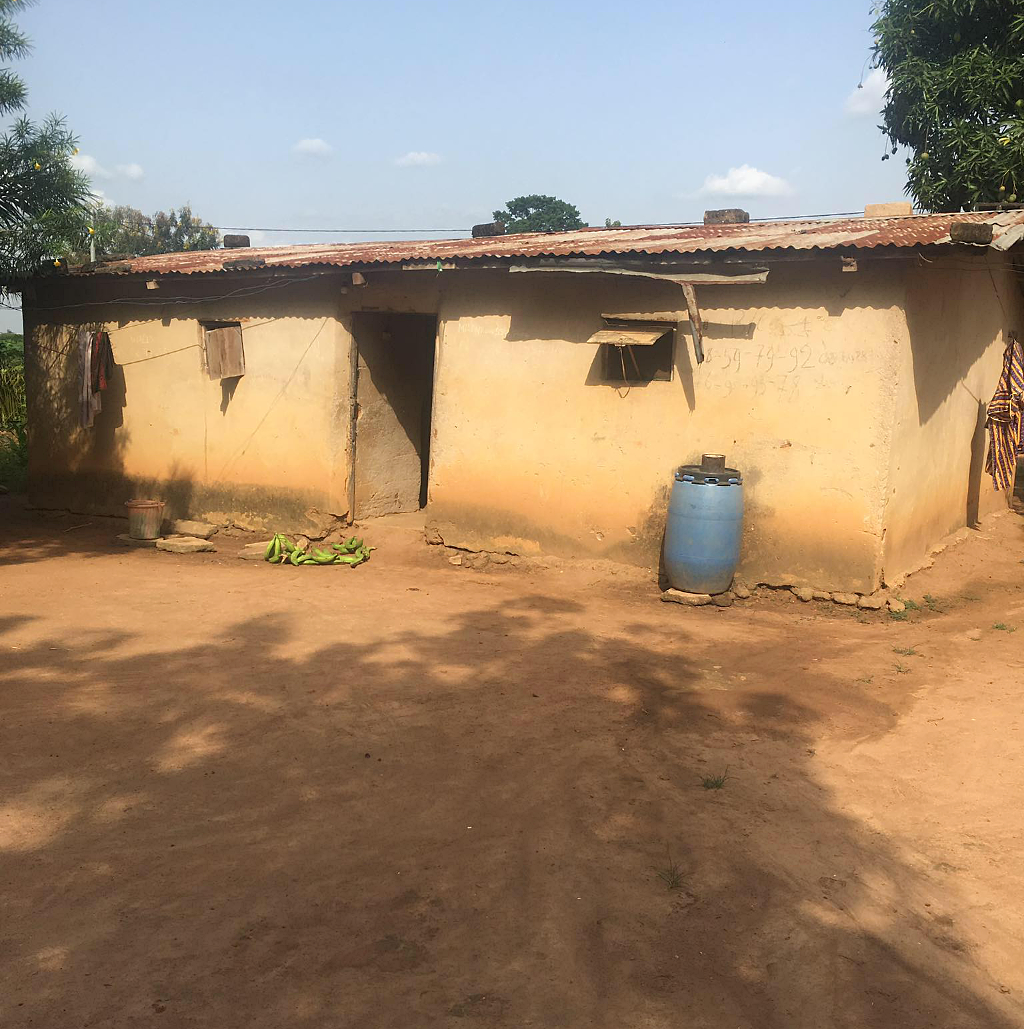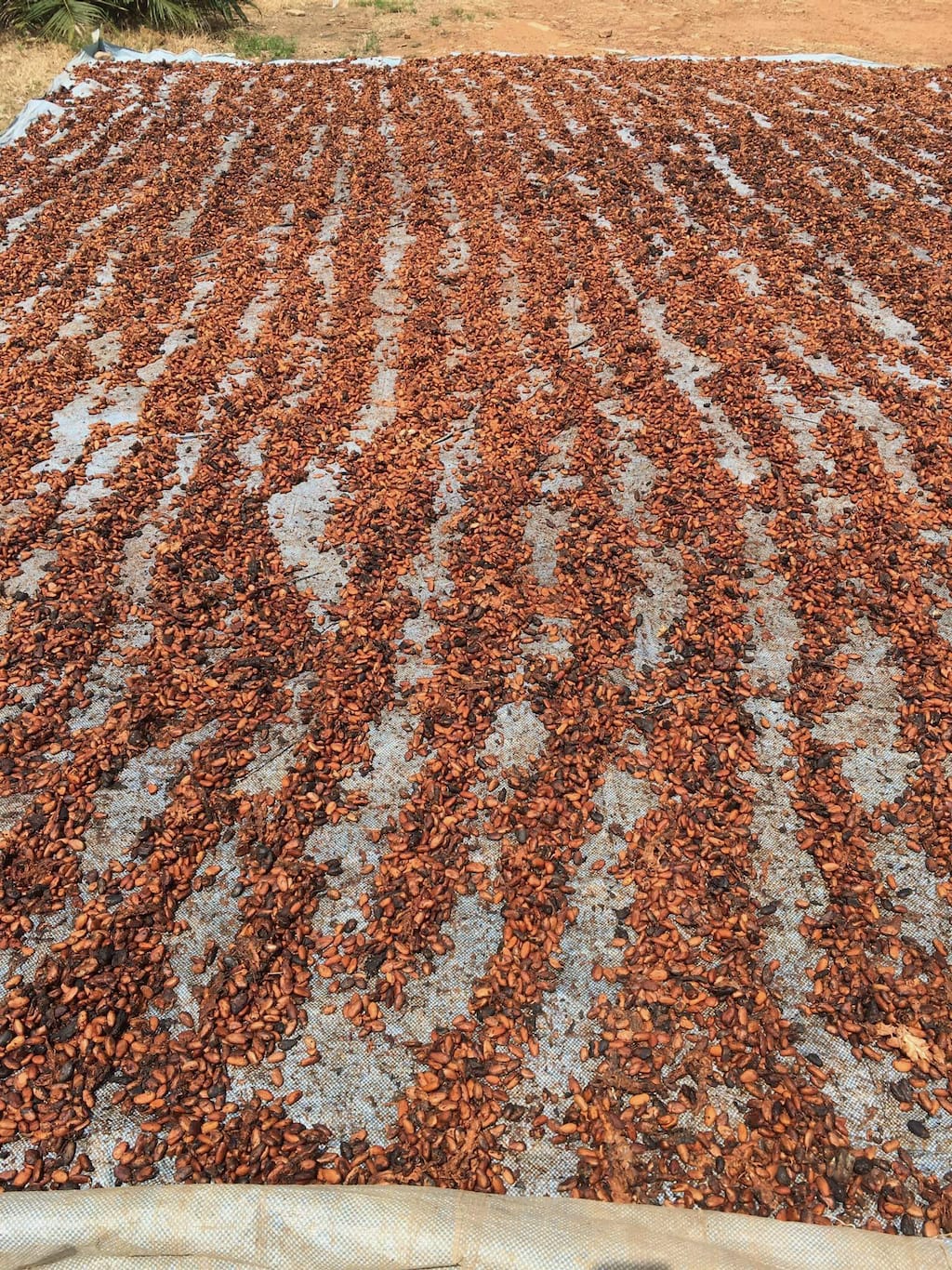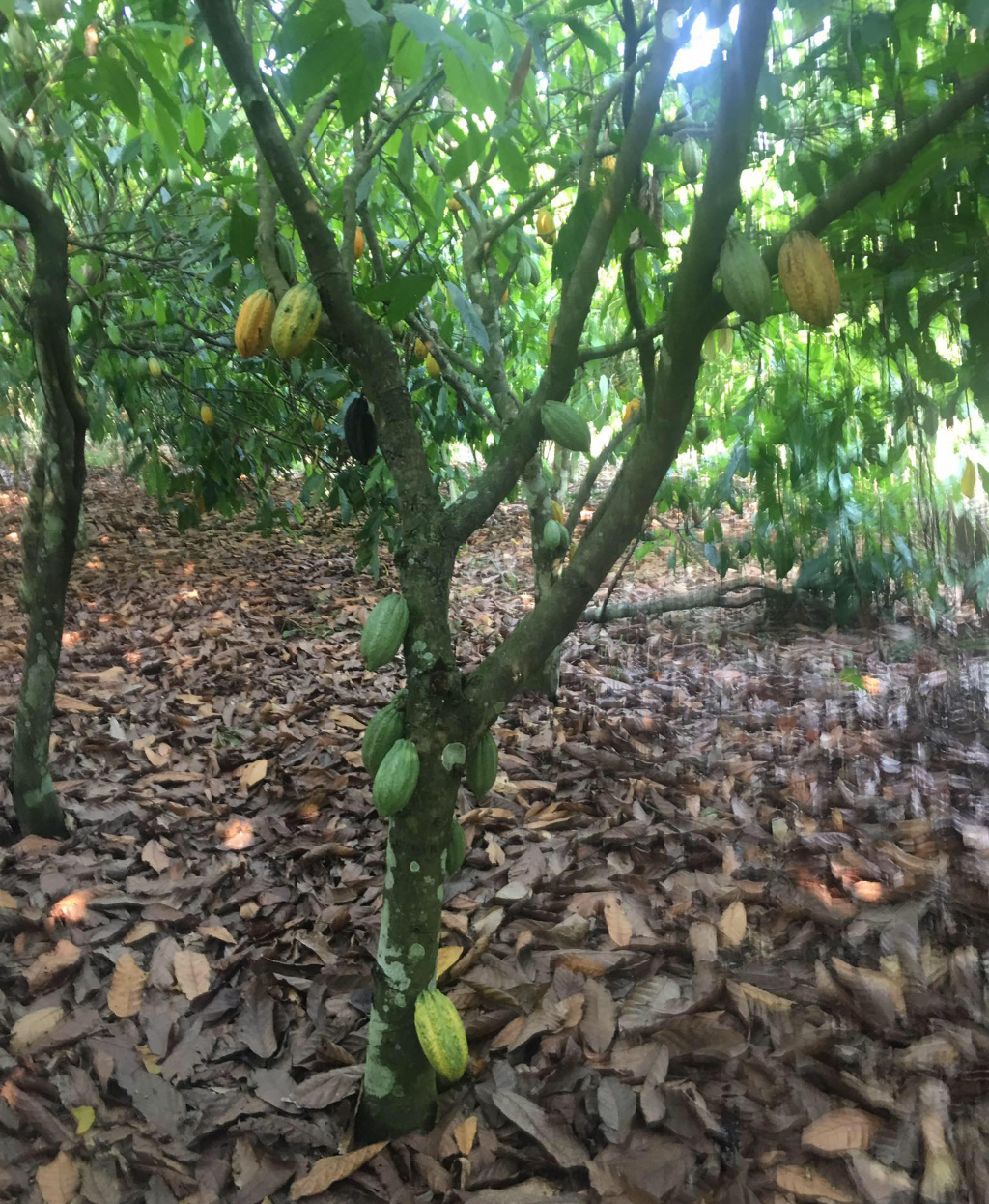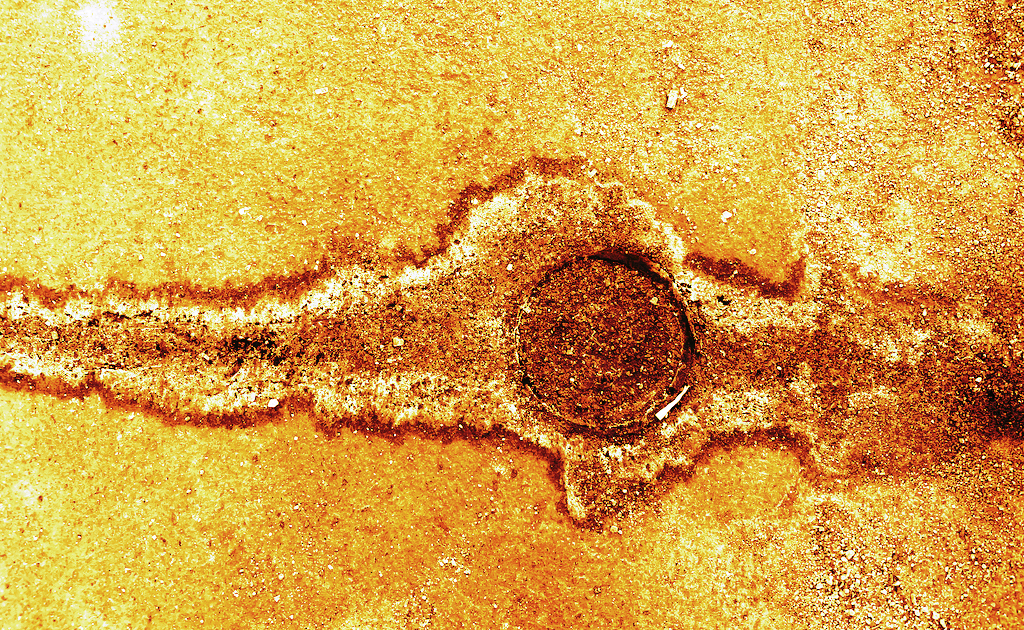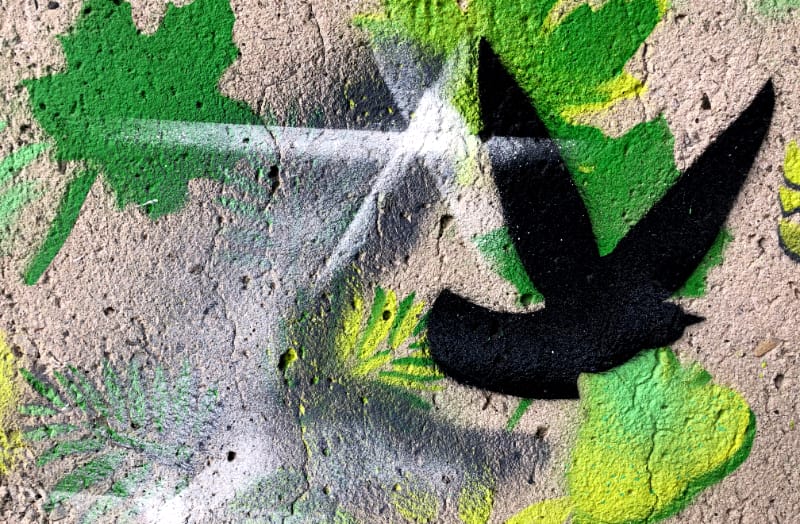
The African
I received his friend request on Facebook in February. I don’t usually respond to this kind of calls from strangers. His name, Ange Michael, intrigued me. I’m not sure why. I shrugged and agreed. I’d probably know who I was dealing with soon enough. I know about these scams that try to solicit money from you and can ruin the lives of well-meaning people.
Angel Michael contacted me immediately.
“Thank you for accepting. Everyone refuses when all I want to do is expand my circle of friends.”
Our conversation has not stopped since.
Let me start by telling his brief story. He lives in Côte d’Ivoire, in a small town called Giberoua. On Google Maps, it’s just a satellite photo with very little information on it. Obviously, Google Street has not been there. It is useless to ask Ange Michael for his address. Street numbers and even street names do not exist.
Ange Michael is 27-28 years old and grows cocoa. His father died of malaria in 2009. The son had to take over the hectare of cocoa trees on his own to support the family. His mother works as a housekeeper, and, year in, year out, Ange Michael manages to provide them with the bare necessities. He does not live with them, however, and has his own house. He would like to get married, has a girlfriend who is still studying, but as long as he cannot live decently, he cannot get married.
The work is hard, very hard. The sun sometimes hits very hard. Life in Africa, as you can guess, is often a matter of survival. Our daily discussions often revolve around this.
What Angel Michael shows me about his life is not new to us all. As a teenager, I was involved in a charity, and we often watched documentaries about life there. Even today, the news on TV shows us the misery that plagues the planet.
Nothing seems to have changed in this way since I was a teenager, except perhaps one thing. The African now has a cheap smartphone that allows him to tell his own story. But nothing has really changed. That’s the terrible thing.
I show him how I live, the city, the metro.
“Everything is orderly in your house. Canada is Eldorado.”
I want so much to tell him that it’s not. Of course, the country is rich, we live well, we have enough to eat, at least I have enough to eat, whereas he often spends a meal, goes back to work. How can I explain all this to him? An old Brazilian friend of mine used to preach to me:
“Your misery is nothing compared to the Brazilian one.”
You could say the same thing about the African.
“One day, if I die and have another life, I want to become a Canadian”, Angel Michael told me recently. “Sometimes I wonder why I am in the world. But let’s not talk about all that anymore. You, Guy, seem to understand my suffering, and I thank you for that.”
As a subscriber to Kiva, an organization that funds community-based microfinance banks, I quickly turned to them. But nothing for the Ivory Coast, strangely enough. “There are such small banks there,” Ange Michael confirms, “but they only last two or three years, often taking the money they have collected with them when they fail.”
There are also cooperatives of cocoa farmers, but again, they are not for small farmers like him, who only own one hectare.
So he works alone, sometimes with the help of his brother Franck. He is in good spirits and has plans. His cousin is a dressmaker. He dreams of opening a boutique with him, a small shop selling accessories and fabrics. Before his father died, he wanted to become a customs officer.
I obviously feel guilty for being what I am in front of him. It is not every day that one is confronted with the modesty of this african life in such a direct way. I often tell him that everything is relative. I may have a good salary, I can afford to spend money, but I also have to pay my house, my debts. My teeth cost me another $2000, and it’s not because I’m not careful. In this country, there is misery, violence, poverty. Yes, everything is relative, but still.
The human race seems incapable of taking care of itself. They remain eternally carefree and do not care about the fate of others.
Despite this, Ange Michael smiles, cherishes our friendship. At least the Internet allows her to dream and also to ask for help.
We were talking about the yield of his field. He admitted to me that he didn’t have the money to put fertilizer on it, that it took him about ten bags to cover the hectare, or $300. Usually, traders give credit, and the farmer pays when he harvests. Things are changing. Africans don’t seem to be helping each other; they don’t necessarily have the luxury.
Ange Michael also speaks harshly about his country. The farmers around here do not organize themselves. Some people, of course, are getting rich at the expense of the rest of the population. Nothing new under the sun...
I don’t understand it. How to help then? No bank, no loans (and you have to save up over there to be able to borrow...), no community organizations, just a people silently enduring their fate.
I sent him the $300 via Moneygram for his fertilizer. He cried, telling me that God was returning it to me a hundredfold.
“He owes you money, not me,” I said.
He is currently finishing cleaning his field. The work is hard. After that, he can put the fertilizer on. The cocoa tree is fragile. “In six months,” says Angel Michael, “the fertilizer will take effect, which means a higher yield.”
Despite my good salary and the expenses I have to pay, I cannot help him all the time. Angel Michael knows this and is not asking me for more at the moment. I know that his lips must be burning to ask for more. After all, it’s all relative, isn’t it? He would like to help his younger sister go to university. He still has hope. He will get married later.
If several of us gave him $20, $30, $40, that would be a nice sum for him. At the very least, it would sweeten his life and feed his dreams.
There is GoFundMe to raise money for individuals, but it does not serve Africa. There is always a “but” when it comes to Africa... a continent that is so rich.
I would like to send this text to the Ivory Coast embassy here in Ottawa to tell them that here is a man who is proud of his country and who works hard. But will the embassy (another “but”) be able to do anything? Probably not. The country is poor, and everything is amazingly complex, even natural for humans...
“If you don’t have money and go to the hospital, they don’t touch you. You die.”
That’s Ivory Coast. At least that’s what the African tells me.
I wanted to be a missionary when I was young. Reality catches up with me. I will be called naive, perhaps. I can’t solve the world’s problems. I would still like to offer a “but” of hope: but surely there are ways to help together. I could do it for the people here, and I do it too. I cannot carry the weight of the world’s misery on my shoulders alone. I can at least use the power of my writing to give it a face.
Ange Michael is on Facebook. Do not hesitate to say hello to him. The young man has a future. I am convinced of it. I make it my most profound prayer.
